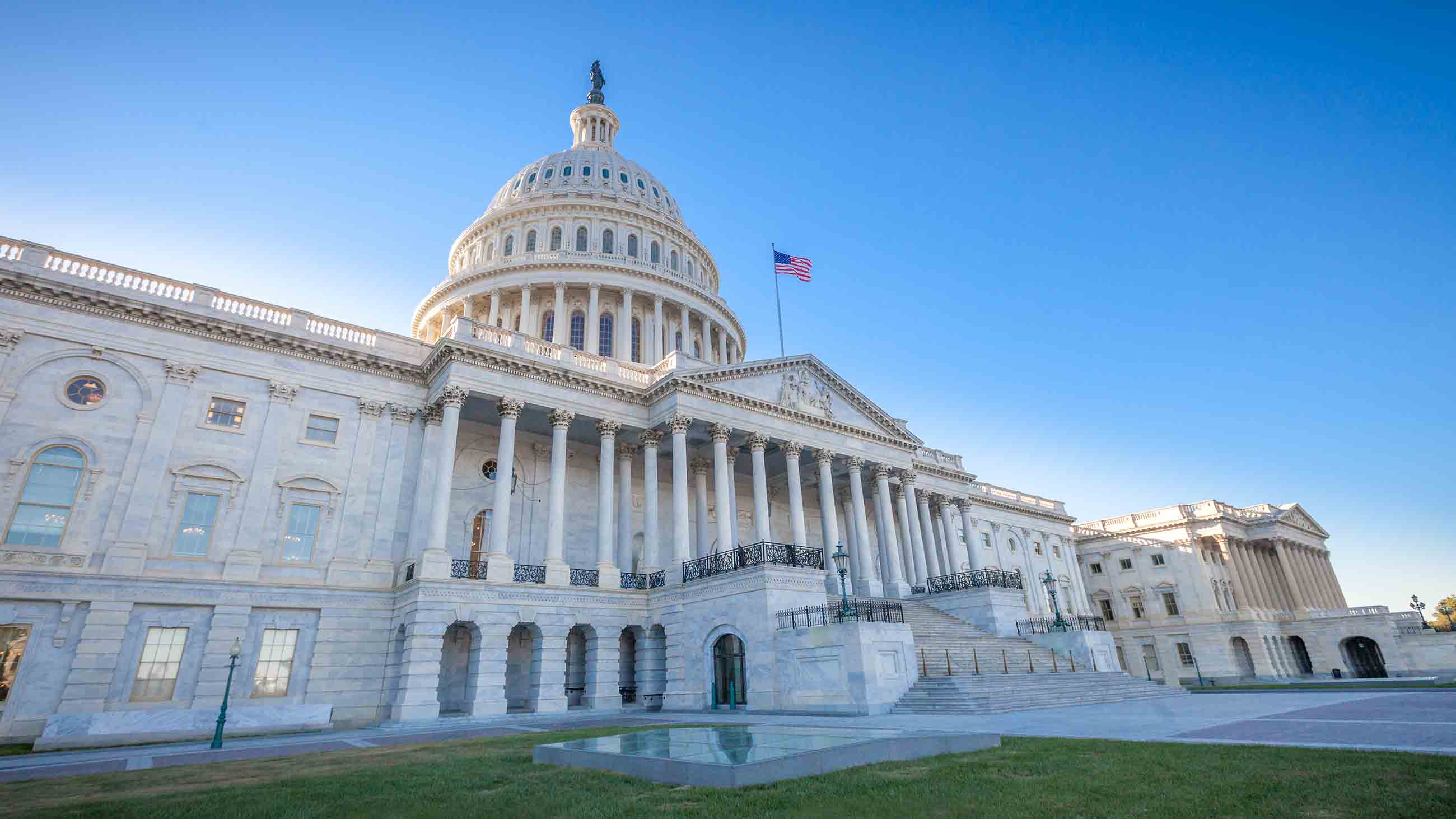Tag: obamacare
-

Judge Rejects Bid to Revive ACA Subsidies
A federal judge has denied several states’ attempt to compel the Trump administration to continue paying cost-sharing reduction payments. Attorney generals from 18 states and the District of Columbia had filed a motion in the U.S. District Court seeking a temporary injunction that would reinstate the payments, which the administration decided to end earlier this…
-

The Medical Association Supports Replacement of ACA with Workable Health Care System
The Medical Association released its 2017 Legislative Agendas earlier this year, which were developed with guidance from the House of Delegates and great contribution from our physician members who participated in the 2017 Legislative Agenda Survey. The Medical Association has continued to express support for the repeal of the Affordable Care Act and its replacement…
-

House Cancels ACA Repeal/Replace Vote Today
UPDATED Friday, March 24 at 3 p.m.: House Republicans have stopped the vote today on the legislation to repeal and replace the Affordable Care Act amid speculation the bill did not have the 215 votes needed to pass. The decision to pull the vote came after House Speaker Paul Ryan met with President Trump at the…
-

New American Health Care Act Comes Under Fire
Earlier this week, members of the House Energy and Commerce Committee released legislation as part of the House Republicans’ efforts to repeal and replace Obamacare. Although the legislation cleared its first hurdle with a lengthy, contentious markup session that began Wednesday, the House Ways and Means Committee approved the American Health Care Act. The House…